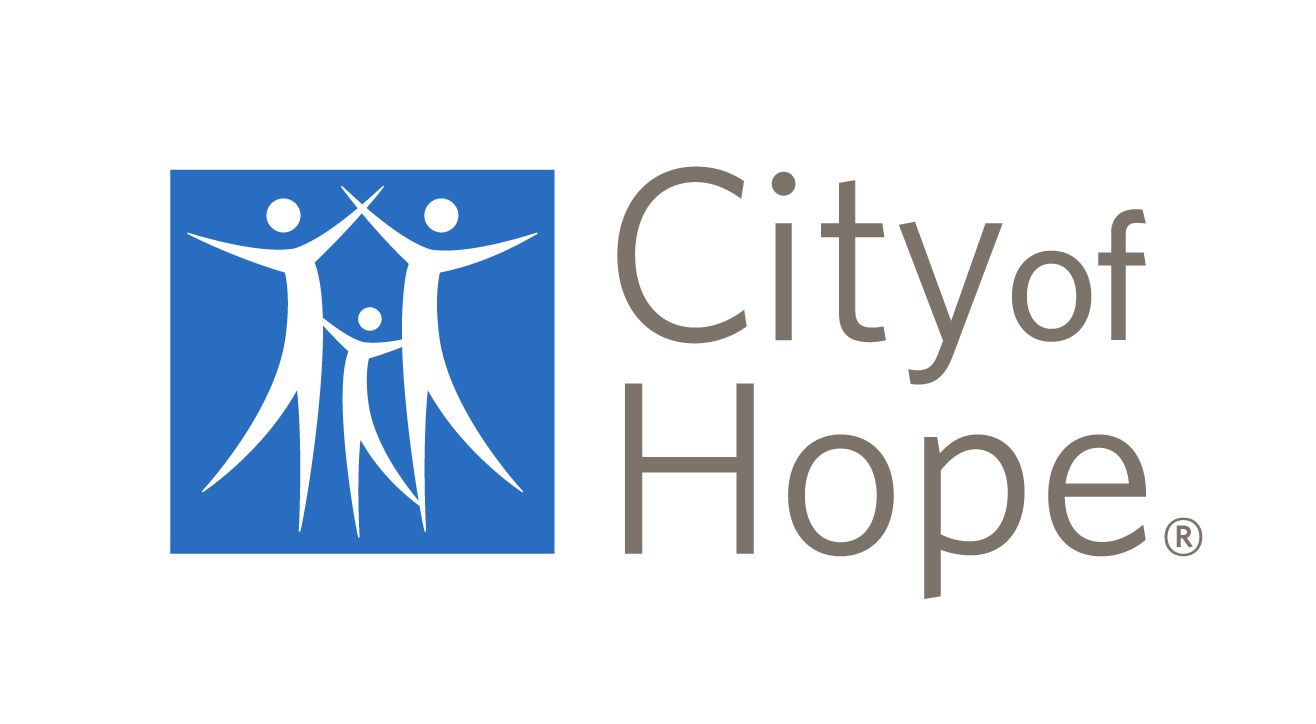- Advertise
- About OncLive
- Editorial Board
- MJH Life Sciences brands
- Contact Us
- Privacy
- Terms & Conditions
- Do Not Sell My Information
2 Clarke Drive
Suite 100
Cranbury, NJ 08512
© 2025 MJH Life Sciences™ and OncLive - Clinical Oncology News, Cancer Expert Insights. All rights reserved.
Dr Amanam on Currently Available JAK Inhibitors for Myelofibrosis
Idoroenyi Amanam, MD, discusses the JAK inhibitors he most commonly reaches for in his clinical practice when treating patients with myelofibrosis.
Idoroenyi Amanam, MD, assistant professor, Division of Leukemia, Department of Hematology & Hematopoietic Cell Transplantation, City of Hope, discusses which JAK inhibitors he most commonly reaches for in his own clinical practice when treating patients with myelofibrosis and highlights the patient characteristics and disease features that help him decide between these agents in the frontline and relapsed settings.
Amanam categorizes patients with myelofibrosis into 2 main groups based on their platelet counts: those with elevated counts and those with lower counts. For patients with symptoms whose platelet levels are near normal or elevated, Amanam often prefers to use ruxolitinib (Jakafi), especially if the patient has a substantial symptom burden. Amanam notes that ruxolitinib tends to be his go-to option in such cases due to its effectiveness in managing symptoms.
On the other hand, for patients with lower platelet counts who are anemic but still have a high symptom burden and spleen enlargement, he will often consider momelotinib (Ojjaara), he emphasizes. This JAK inhibitor is a suitable treatment option for patients with anemia, as it may offer additional benefits beyond symptom control, Amanam reports.
For patients with severely low platelet counts, regardless of their symptom status, or for those who have progressed on initial therapy, Amanam states that he may turn to pacritinib (Vonjo). Pacritinib is particularly useful in managing myelofibrosis with severe thrombocytopenia, providing an alternative for those who may not be candidates for other treatments, he emphasizes. Lastly, another treatment option to consider is fedratinib (Inrebic), Amanam says, noting that he typically reserves this agent for patients who have either not responded adequately to other JAK inhibitors or are intolerant to them. Fedratinib is an additional therapeutic choice for those who have experienced suboptimal outcomes with previous treatments, ensuring oncologists can tailor therapy to individual patient needs, he concludes.


